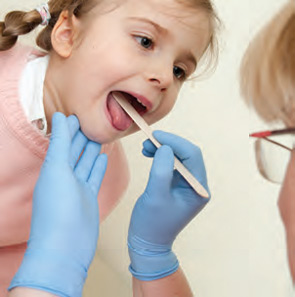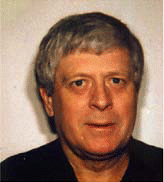Polysomnography (PSG) has been recommended by the American Academy of Pediatrics as the gold standard for the diagnosis of obstructive sleep apnea (OSA) versus mild sleep disordered breathing (SDB) prior to tonsillectomy and adenoidectomy (T+A) in children. Mild SDB includes primary snoring and upper airway resistance syndrome. Controversy exists regarding the accuracy of history and physical exam (H+P) alone in children for the diagnosis of OSA versus mild SDB prior to T+A. Thus, PSG has been recommended to confirm the diagnosis




